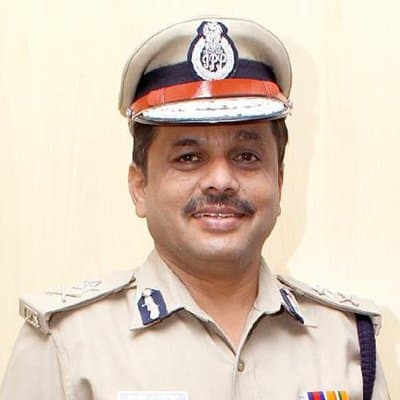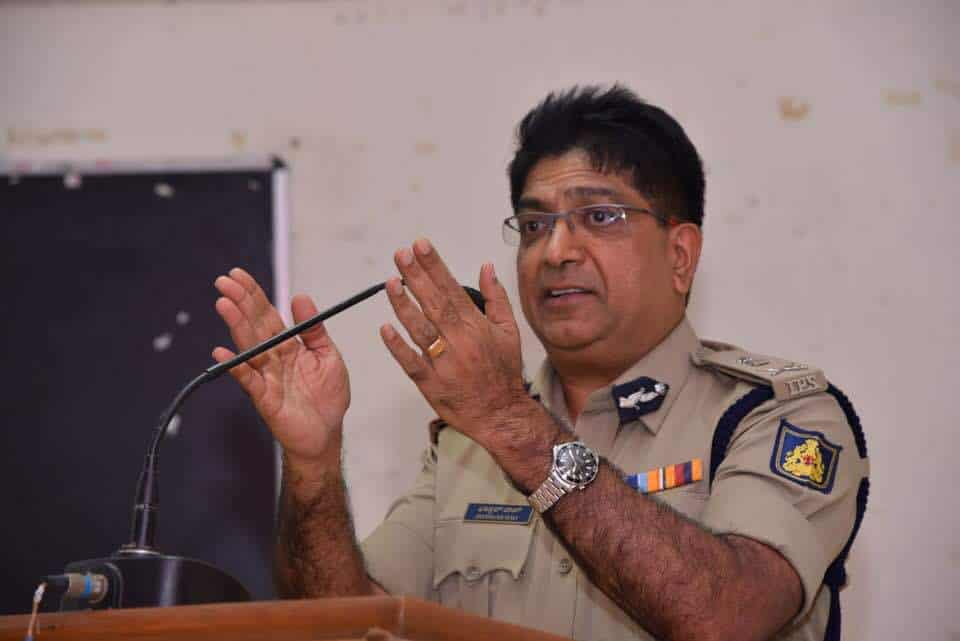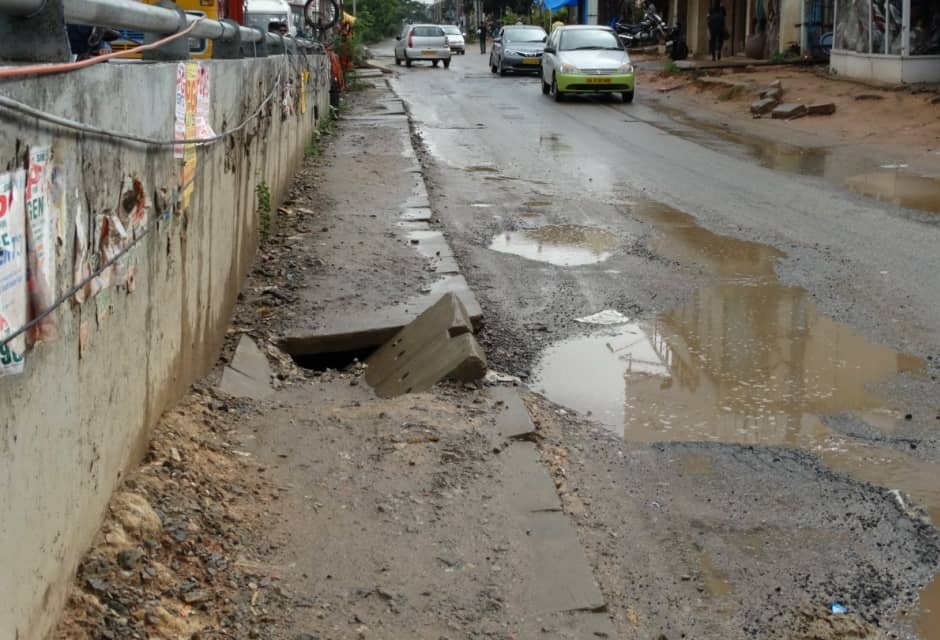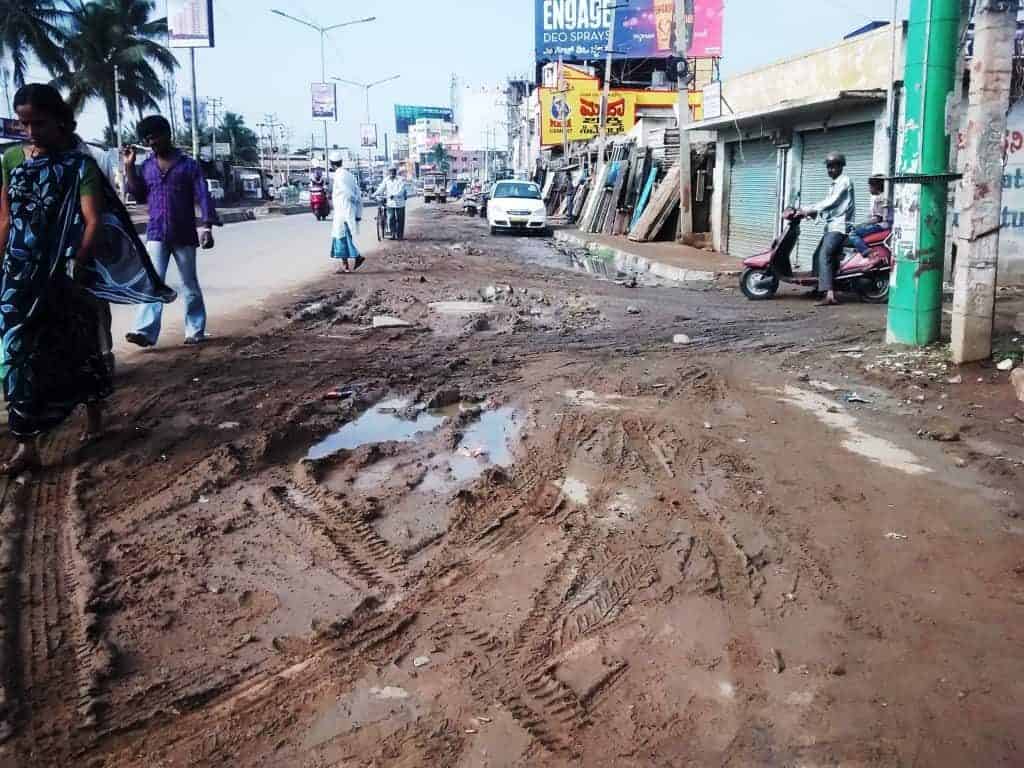Ashwin, 27, an IT employee.
Sharmila, 38, teacher.
Khurshid Ahmed, 65, madrassa teacher and vendor.
Tasdik Bushra, 19, MBBS student.
These four Bengaluru citizens have only one thing in common–they all lost their lives recently due to potholes and poorly-maintained roads. In many cases, the victims were thrown off their two-wheelers, or hit/run over by other vehicles when they swerved to avoid potholes.
According to a report in the Hindustan Times, Bengaluru was the city to register the maximum such cases (18) in 2020, as per data from the NCRB (National Crime Records Bureau).
With a series of such incidents in recent times, Bengalureans are increasingly demanding that the responsible civic agency, BBMP in particular, be held accountable.
With increasing pressure from the public, the Bengaluru Traffic Police has of late been booking more cases against engineers for pothole-related deaths. For example, last December a BBMP engineer was arrested for the death of a 21-year-old food delivery executive and then released on station bail.
However, given that engineers are booked only in certain cases, and the punishments are small even if found guilty, this is not much of a deterrent.
Traffic management expert M N Sreehari says, “Potholes occur because materials are substandard, inadequate quantities are used, etc. Suppose the development of a road costs Rs 6 cr, after some kickbacks, the amount comes down to Rs 4 cr. A road of same quality can’t be constructed with Rs 4 cr, so obviously the road will fail”. Also, due to the lack of coordination between different agencies, roads are dug up frequently and left unattended, he adds.
Read more: Bengaluru’s deadly footpaths: Children, elderly at high risk
Prosecution of individual engineers is usually difficult
However, is it possible to hold government officials legally responsible for deaths due to poor road quality?
ADGP M A Saleem, who has previously served as the Additional Commissioner of Police (Traffic) in Bengaluru, says that the BBMP engineer is named as a co-accused in the FIR only if he/she had previous knowledge of the road damage. “If the traffic police had written to the civic agency to correct the anomalies on the road, and if the agency does not take any corrective measure and an accident happens, then the concerned engineer will be included in the FIR,” says Saleem. “Otherwise the engineer may not be aware that the road has been damaged”.

Advocate B T Venkatesh, who has served as Public Prosecutor in the Karnataka High Court, agrees. “If the issue had been brought to the engineer’s attention and he/she did not take action, then it’s gross negligence and the person can be prosecuted,” says Venkatesh. “But if it was not brought to their attention, it is not possible. So it depends on the facts and circumstances in each case.”
In FIRs where the engineer is booked, IPC Section 304A (causing death by negligence) is cited in case of deaths, and Section 337 (causing injury by a rash/negligent act) in case of injuries. Saleem remembers two accident cases during his tenure resulting in injuries, one on Outer Ring Road near Bellandur, and another on Tumkur Road, where the civic officials were chargesheeted. “In these cases, the court usually holds summary trials, the accused will plead guilty and fines are imposed,” says Saleem.
But the fines are usually small amounts, which hardly act as a deterrent to officials.
Former Bengaluru city police commissioner Bhaskar Rao says there is zero accountability with respect to road engineering, and the police cases are usually closed as driver’s negligence. “Booking cases against government officials itself is difficult,” says Rao. “First, the police is hesitant to book cases against the concerned engineer. Even if cases are booked, there is no sanction for prosecution from the government, which is necessary to prosecute public servants”.
Rao recounts a case where an entire family died in an accident in Kolar when was he was IG there. He booked a case against an NHAI (National Highway Authority of India) official, “but the central government wrote to the State to let him go,” says Rao. “Hence there is no punishment. Even if the person is chargesheeted, under Section 304A they can get police station bail by paying a fine of Rs 3,000-4,000”.

BBMP must take action against officials internally
Advocate Venkatesh says that, in general, rather than individual engineers, BBMP as an organisation is liable for the deaths. “Vicarious liability is always with the State,” says Venkatesh. “Road works are done by a team, not by one individual.”
Vicarious liability or tortious liability means one party is liable for the acts committed by another person, because of the relationships such as principal-agent, master-servant, etc between them. As per tortious liability, the State is liable for the acts of omission or commission of its employees, and is liable to pay compensation to the victims.
In the case of accidents due to poor roads in Bengaluru, BBMP is liable to pay compensation, and this is the principal remedy available to the victim.
To make an individual officer liable, the victim or their kin can make a representation to the BBMP to take action. “The citizen has no right to demand a specific action from the BBMP [against an engineer], but you can make a representation,” Advocate Venkatesh says. “It’s up to the management of the institution to take action against the officer for dereliction of duty.”

Severe action against the concerned official is usually rare. After the death of 14-year-old Akshaya this month, the BBMP announced that the engineer responsible would be relieved from his division. But usually action against officers are neither consistent nor severe.
Bhaskar Rao says the BBMP Commissioner should take stringent action against concerned officials, like how railway employees face action in case of rail accidents.
Compensation is rarely paid
Given that there is little accountability of officials, does the BBMP at least pay compensation? No, according to various news reports.
In 2019, the High Court ordered the BBMP to give compensation in case of accidents caused by poor condition of roads/footpaths. The court’s order came in a PIL filed by Koramangala resident Vijayan Menon.
BBMP contested the High Court order in the Supreme Court, without success. After this, BBMP was forced to issue a public notice announcing that it would pay compensation to victims upon submitting the necessary documents.
Last October, the Times of India reported that, according to an official from BBMP’s Legal Cell, compensation had been paid only to only one person, Tasdik Bushra. This was two years after the High Court order. This month, BBMP also paid compensation of Rs 5 lakh for the death of the Akshaya.
Read more: Bengaluru’s pothole victims’ pain continues, no formal way yet to claim compensation
In most other cases, BBMP has refused to take responsibility for the deaths, and made the victims’ kin to go from one department to another. Like the case of Khurshid Ahmed, for example. In Khurshid’s case, BBMP said the road was under BDA’s jurisdiction, whereas BDA said BWSSB had dug up the road.
News reports of most pothole-related deaths show the same pattern – no department takes responsibility.
However, S R Anuradha, the lawyer representing the petitions in the High Court PIL, clarifies that BBMP is liable to pay compensation in all cases since it has the primary responsibility of maintaining roads. “BBMP gives permission to other agencies (like BWSSB, Bescom or private companies) for road cutting, those agencies can’t cut the road independently,” argues Anuradha. “So they are contractees or agents of BBMP. If any lapse occurs because by those agencies, that’s an internal matter between them and BBMP. BBMP can’t say [to a citizen] – ‘your injury is the fault of my agent, so you take compensation from them’. That’s not correct in law. BBMP can recover the compensation amount from the responsible agency perhaps, but it cannot ask the victim to approach that agency for compensation”.

While BBMP has paid compensation in the case of a few deaths, compensation for injuries is much rarer. Activist Kathyayini Chamaraj requested compensation from the BBMP after she fell and got injured in 2019. “My lawyer sent all documents – bills, doctor’s prescription, etc – to the Commissioner, who then forwarded it to the Zonal Commissioner,” recalls Kathyayini. “But I never heard back from the Zonal Commissioner. After that, we filed a petition in the High Court in January 2020.”
Because of the pandemic, court has held only one hearing in her case. So Kathyayini has not received any compensation even two years after her injury. She says there is no clarity on the exact documents and proof to be submitted in accident cases.
Anuradha says the problem is BBMP has not yet specified any guidelines for giving compensation. “BBMP should have a committee to look at each case, comprising a road expert, ward members, a BBMP engineer, etc,” says Anuradha. “And there should be guidelines on how this committee should examine and dispose of cases. BBMP has said in court that they are in the process of putting the guidelines in place. They are not taking the issue seriously.”
Kathyayini and Sreehari believe that BBMP should recover the compensation from the responsible engineer. Currently, if at all compensation is paid, it’s from taxpayers’ money, and officials face no consequences, they say.
Meanwhile, road conditions remain as bad as ever.